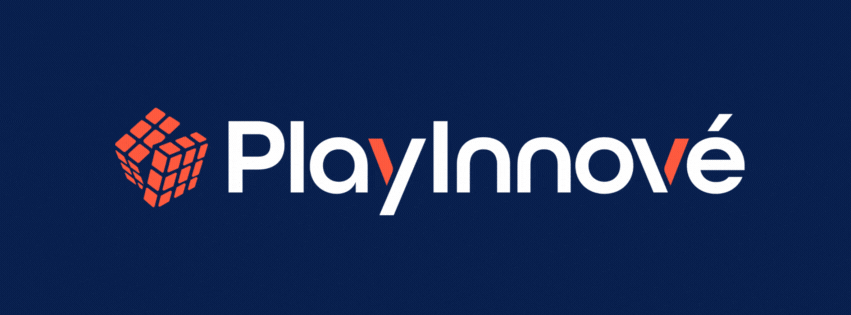The Science of Play: How Play Shapes Learning and Development in Businesses
- PlayInnové

- Mar 17
- 2 min read

When we think of play, we often associate it with childhood, running through the park, building castles in the sand, or inventing imaginary worlds. But what if I told you that play is just as critical for adults, especially in the workplace? The science of play isn’t just about fun, it’s about how our brains learn, innovate, and collaborate more effectively.
Why Play Matters in the Workplace
Play is more than a break from work; it’s a way to develop essential skills. Studies show that play-based learning enhances problem-solving, adaptability, and creative thinking; critical skills for today’s fast-changing business landscape. A 2019 study from the National Institute for Play (yes, that’s a real thing!) found that workplaces integrating play into training and team-building saw increased engagement, knowledge retention, and collaboration.
Play and Neuroplasticity: Hardwiring Innovation
Neuroscience tells us that play strengthens neural connections, improving memory and learning. It activates the brain’s reward system, releasing dopamine, which enhances motivation and focus. Essentially, when people are engaged in playful activities, they become more open to new ideas and are more likely to connect seemingly unrelated concepts, an essential ingredient for innovation.
From LEGO® bricks to Low-Tech Engineering: Play in Action
At PlayInnové, we use tools like LEGO® SERIOUS PLAY®, low-tech engineering challenges, and creative exercises to help organizations foster adaptability and engagement. Whether it’s building a model to represent a strategic vision or using artistic mediums to explore leadership dynamics, play unlocks new ways of thinking that traditional approaches often miss.
The Future of Work is Playful
More companies are recognizing that play isn’t just a perk. It’s a strategy. Google, IDEO, and even NASA have integrated play-based methodologies into their innovation processes. Play drives curiosity, fuels problem-solving, and, most importantly, makes learning stick.
So, the next time you think about ways to develop your team, ask yourself: are you just training them, or are you engaging them through play? Because the businesses that embrace play today are the ones that will innovate tomorrow.




Comments